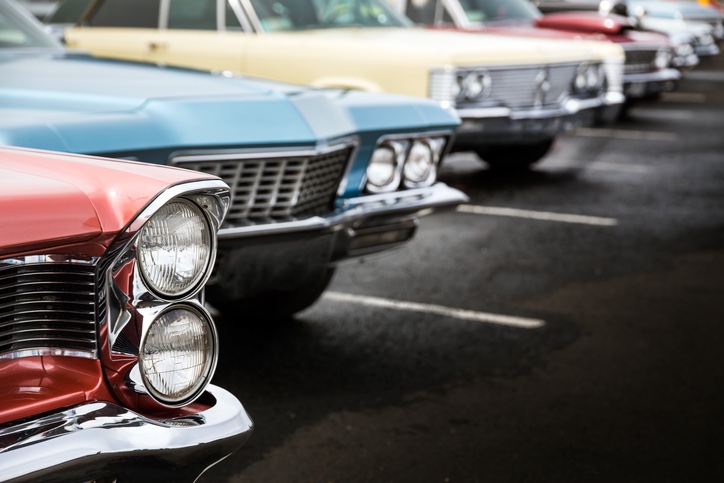
Not all auto insurance policies are created equal. This is especially true when looking to cover classic cars.
Avid car collectors should familiarize themselves with the differences to ensure they’re getting the right coverage for the right price to protect their investment.
2 reasons to purchase specialty insurance
If you’re currently covering your classic car with “ordinary” auto insurance, don’t feel bad. Approximately 50% of classic car owners in the United States are also making the same mistake.
There’s a presumption that specialty insurance costs more but this isn’t true. Here’s why premiums are generally lower for collectable cars:
- Collectors take extra care when driving their most valuable vehicles.
- Classic cars are not used for day-to-day transportation, meaning they rack up very few miles.
- Cars that are part of a larger collection are even less likely to be driven.
- Collectors take extra pains to ensure cars are stored safely and securely.
In fact, on average classic car rates are up to 40% cheaper than “regular” auto insurance.
The second reason you need classic car insurance is because a classic car’s value changes over time. Unlike an ordinary car that depreciates, the older a collectable car gets the more it’s worth. You need a policy that reflects this so that in the event of a loss you will be covered for the full value of your vehicle.
Negotiating an agreed value
A traditional auto insurance policy pays out for a totaled vehicle in one of two ways. Actual cash value or replacement cost. This means coverage tends to go down over time.
With a classic car, an agreed value is documented in the policy so that coverage does not fluctuate. Underwriting the policy in this way ensures the owner always knows exactly what the payout would be in the event of a loss.
Coverage at car shows
Typically, a standard auto policy does not cover an unattended vehicle on display at a car show. A collector policy will let you leave your baby worry free to go for a walk and enjoy the show. The policy will also cover you if an attendee of the event injures themselves while viewing your car.
Unique or rare parts
Only a specialty policy will include the costs associated with sourcing official stock parts. Coverage under a traditional policy could mean that non-exact aftermarket parts are used to repair your classic car.
What cars qualify for specialty insurance?
It used to be that any car over 20 years of age could be insured with a classic car policy. Today, more stringent rules are in place and a car must be classified as collectible or antique. Some exceptions include street rods, muscle cars, low riders, kit cars, sports cars and limited edition exotic vehicles.
If need help or have questions about auto insurance, contact the experts at John B Wright Insurance.

Leave a Reply